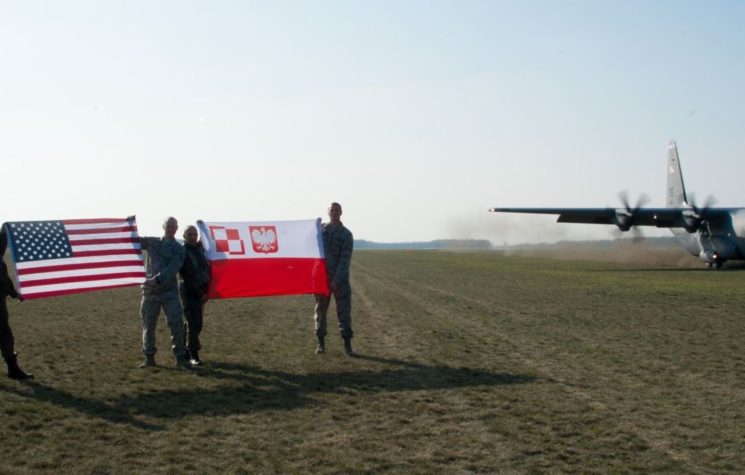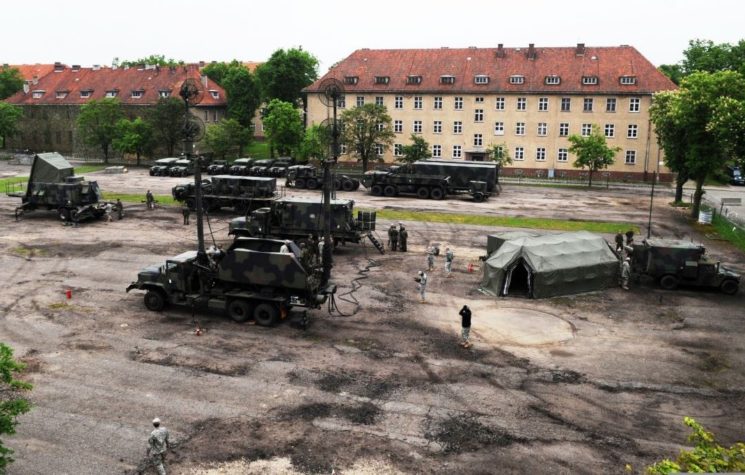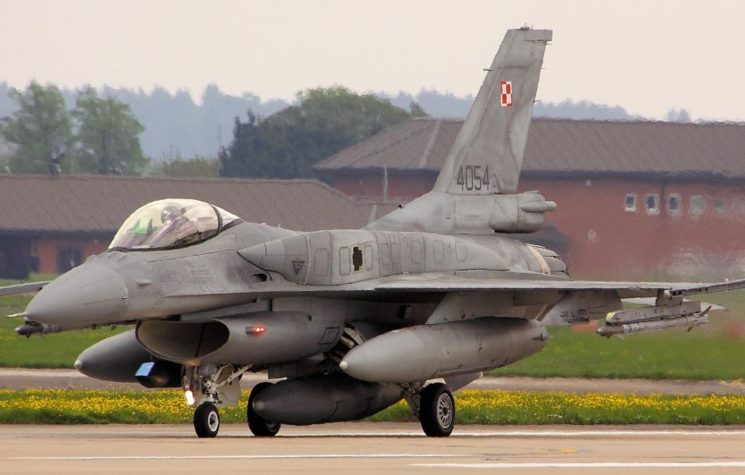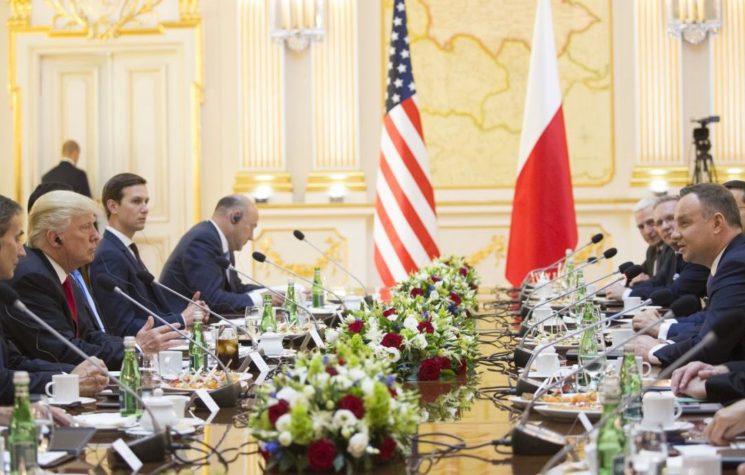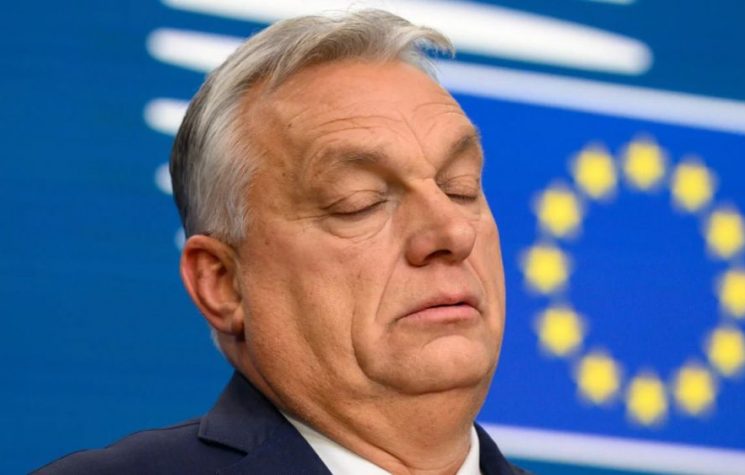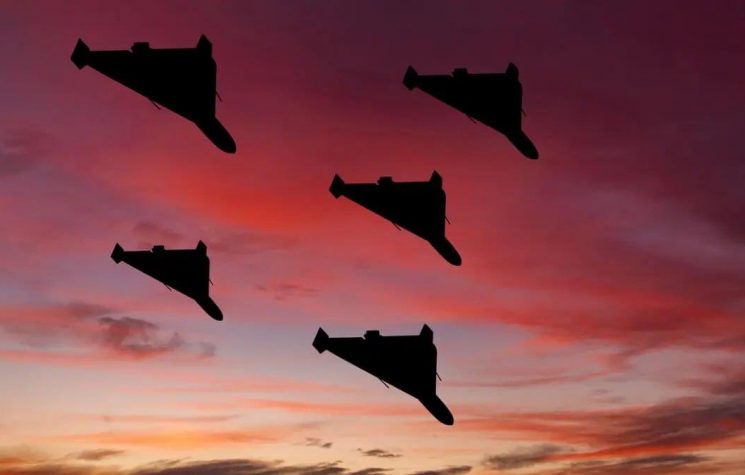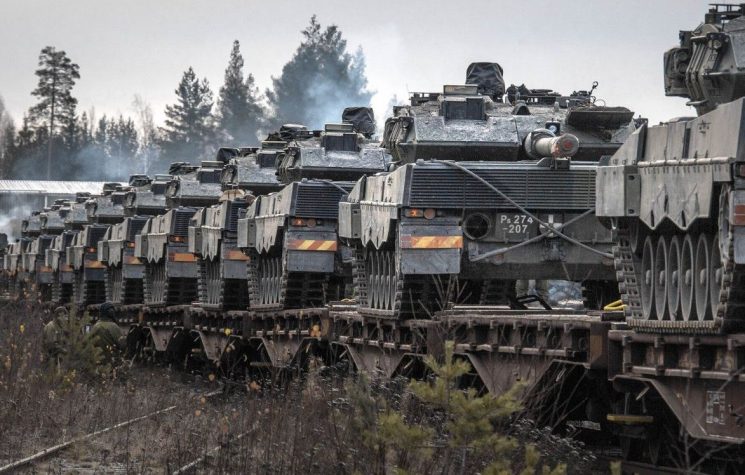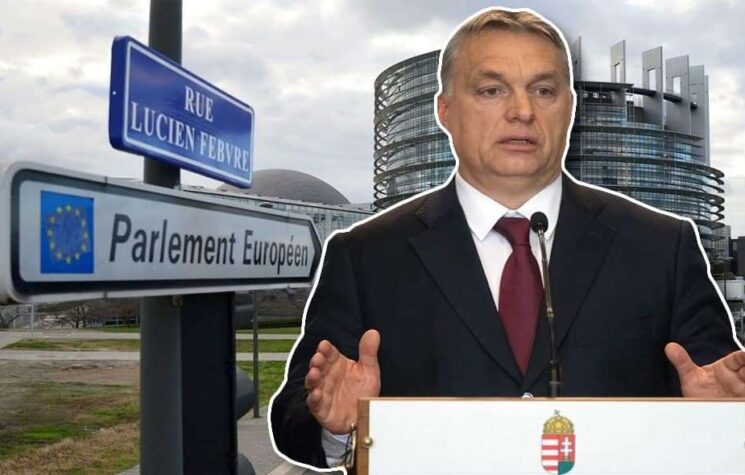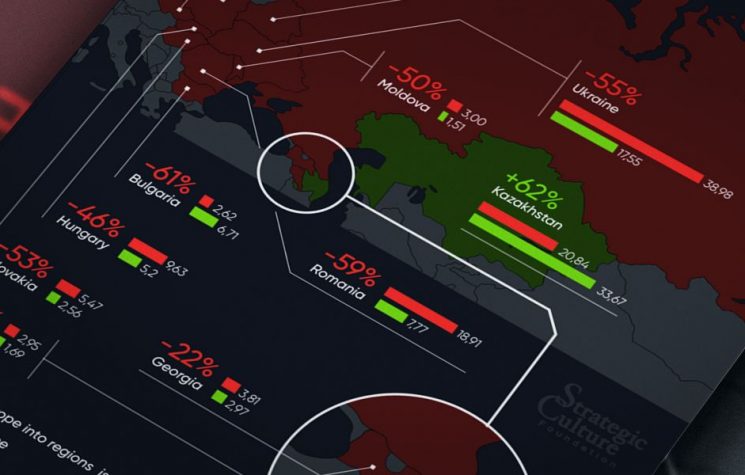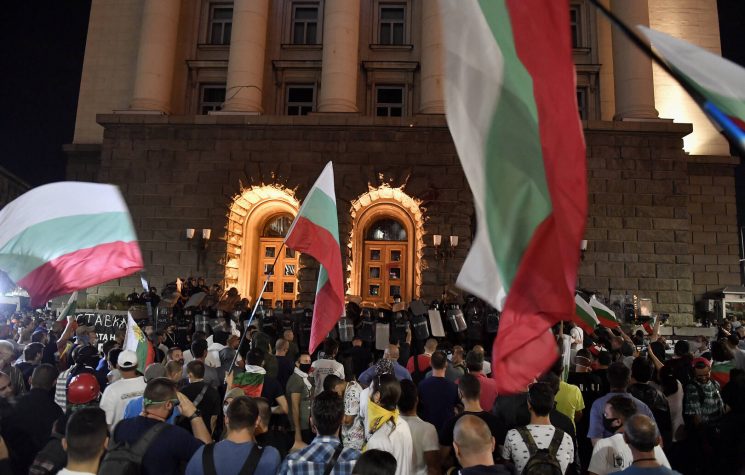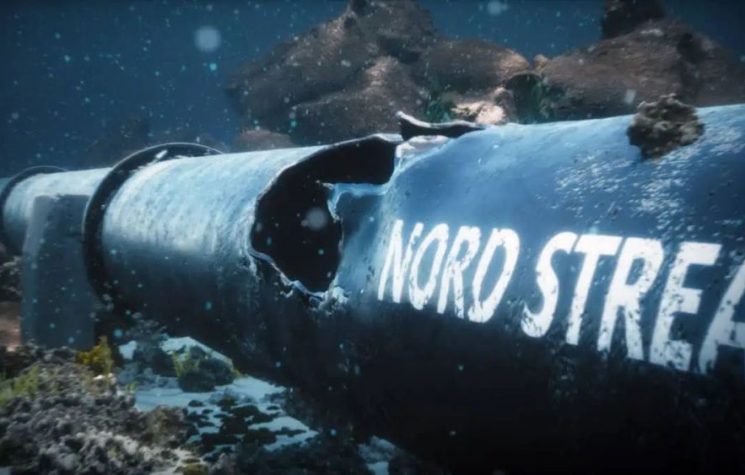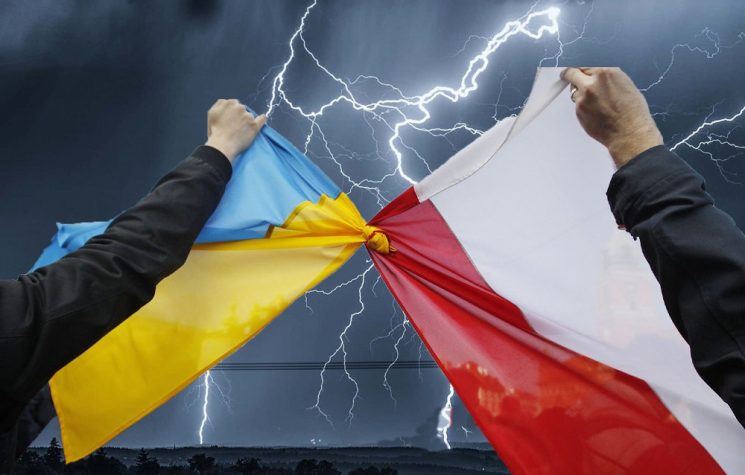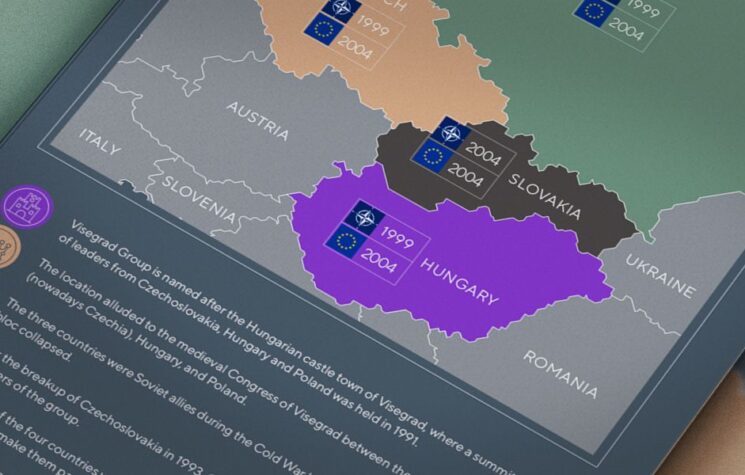Geopolitics is thankfully becoming a more mainstream topic even on Youtube. Although some videos on the site claim that certain countries have a rough position geographically due to climate, proximity to unfriendly neighbors or just being trapped in the mountains there is one country in Europe, that could easily make a case for having the toughest geopolitical destiny of all of the continent and deserves its own video series – Poland.
In fact recently Prime Minister Mateusz Morawiecki from Warsaw wrote an interesting but ultimately disappointing piece for Politico regarding “Poland’s Vision for Europe”. This is an extremely exciting topic but sadly the piece fell flat and completely ignored Poland’s geopolitics. Slavic nations are by far the most ignored and looked down upon in the EU, so it would be lovely to see a bold vision from one of the little guys telling Brussels how things are going to be, but unfortunately this article was soft and presented no vision in connection with Poland or anything Polish, Slavic etc. Essentially the Prime Minister just pleaded in written form to the Brussels bureaucracy to use bureaucracy to make the Union a bit less bureaucratic and for the member nations to have more equality and something about how protectionism is bad. What a dynamic “Polish” vision!
Thankfully when one is not burdened with the yoke of having to work as a politician in the EU it is much easier to conceptualize a vision for Poland which must begin with its geopolitical and identity background.
During the Cold War Poland found itself very much on the extreme Western end of the Eastern Bloc and today it finds itself very much on the extreme Eastern edge of the West.
In fact there seems to be a growing sort of political correctness within Poland regarding its “position” which in actuality reflects the country’s identity. Many Poles do not want Poland to be part of redneck Eastern Europe with “barbaric” Ukro-Russians, but to instead be part of a classier “Central Europe” along with Germany, Austria, Hungary etc. (i.e. mostly non-Slavs) Calling today’s Poland part of Eastern Europe will not win you friends on your holiday in Krakow.
There is a lot of truth to Poland being in a central position. The nation has been and still is stuck between two massive geopolitical entities – the West (especially Germany) and Russia. This unfortunate placement on the geopolitical chessboard lead to it being ripped apart by conflicts it didn’t start and had little to gain from in WWI and WWII.
With most territory south of Poland being mountainous the country is essentially the only pathway by which one can march an army from Paris or Berlin to die from bayonets and the Russian Winter around Moscow. During the Cold War Poland was also seen as a potential tank alleyway from both sides and with all the talk of trying to build a US missile defense system in Poland, it again could puts the nation potentially “in the line of fire” between great civilizations.
Poland’s in-the-middle-ness was also very evident when it was partitioned into three chunks by the big powers of the day that surrounded it on all sides. Poland’s unique position again did not prove to be of much benefit in this case.
So on the Geopolitical side we see that for Poland to have a vision it either needs to stop being the guy in the middle that is clear but what about the spiritual/ideological side of the nations?
After the fall of Communism, Polish identity could not be clearer, they kept their faith intact despite various attempts to destroy it, and with John Paul II at the helm the faithful Poles “won” the Cold War. Thanks to their active (and orchestrated) street protests in the 1980s the populace believes it legitimately made the choice to join the free West and succeeded in doing so. By the 1990’s it was clear that Poland had one great historical enemy to be concerned about – the evil heathen occupying Russians.
In the 90s everything was crystal clear for Poland, but every year moving forward into this century the waters keep getting murkier. The current Pope acts like an SJW activist and doesn’t represent the Word of God that the Poles kept alive under Socialism. The West itself has abandoned Christianity and is turning into a multinational Sodom and Gomorrah. It seems more and more with time that Brussels/Washington have basically occupied Poland. The EU uses Poland and other countries out east as a Balto-Slavic Africa to brain drain and take migrant laborers from. The US needs Poland mostly as a meat shield against a Russian attack. The nation gets no respect from Paris, Berlin or London, and may only be in the EU (along with other Slavic countries) simply so the Russians cannot have it.
Now, looking east from Warsaw’s windows we see a thriving Christian Russia, with controlled migration that is willing to make deals with Poland, which Washington forbids via sanctions. Public opinion polls between the heartland of Russia and Poland are vastly more in line than with Germany, France or England. Poland today finds itself agreeing more with the boogeyman than ever before.








